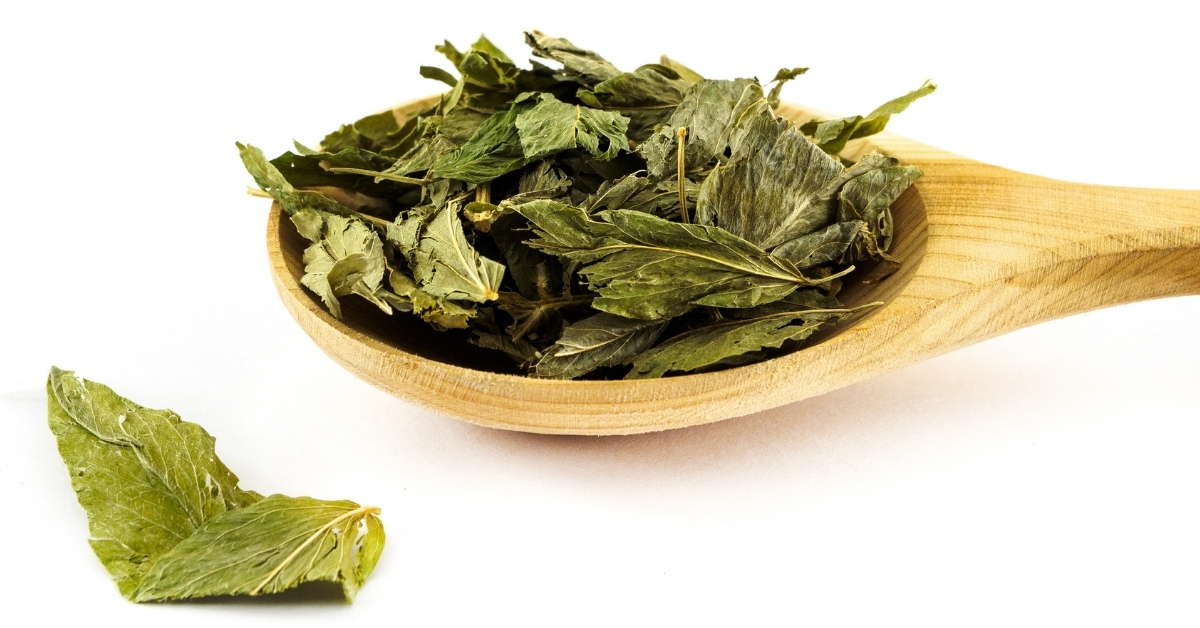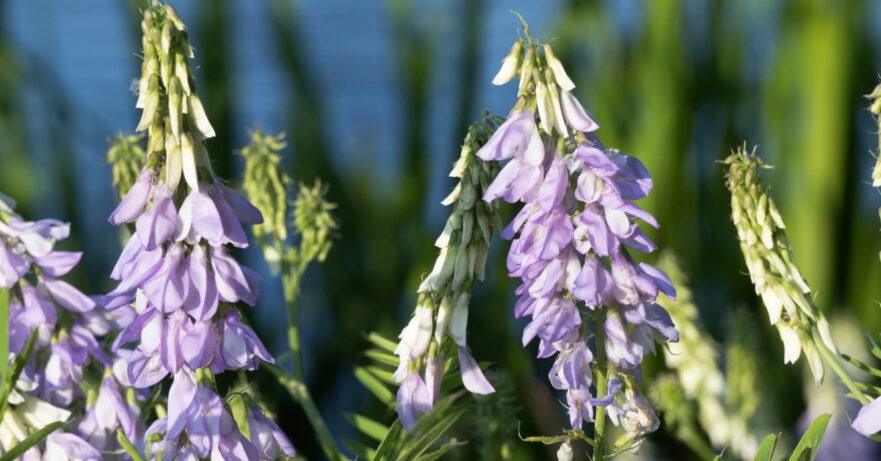In this monograph about goat’s rue:
📖 Introduction | 🌱 Botanical Description | 📜 Traditional Uses | 🔍 Phytochemistry | ✨ Applications and Uses | 🛡️ Safety Profile
📖 Introduction
Goat’s rue (Galega officinalis) is a traditional herb known for managing blood sugar levels and enhancing breast milk production. It is valued in various cultures for its significant medicinal properties.
| English Name | Goat's rue |
| Latin Name | Galega officinalis |
| Parts Used | Aerial parts |
| Traditional Uses | Managing diabetes, stimulating milk production |
| Herbal Actions | Hypoglycemic, galactagogue, diuretic, diaphoretic |
🌱 Botanical Description
Scientific Classification
Galega officinalis belongs to the Fabaceae family.
Physical Characteristics
This perennial plant features upright stems, compound leaves, and small lilac or white pea-like flowers during summer.
Natural Habitat and Cultivation Details
Native to the Middle East and Western Asia, goat’s rue thrives in damp meadows and marshy areas. It prefers full sun to partial shade and grows well in fertile, well-drained soil.
📜 Traditional Uses
Historically, goat’s rue has been used to manage diabetes and as a galactagogue to promote lactation. Its use in traditional medicine also includes possessing mild diuretic properties to help remove excess water from the body.

🔍 Phytochemistry (Active Constituents)
Key components of goat’s rue include:
- Galegine: An alkaloid that has been studied for its potential to reduce blood sugar levels.
- Flavonoids and saponins: These contribute to its antioxidant and immune-boosting properties.
- Peganine is a compound known for its pharmacological properties, including mild diuretic effects. Its specific presence in goat’s rue needs further verification.
✨ Applications and Uses
Goat’s rue is utilized in a variety of health applications:
Research supports these uses, particularly highlighting the role of galegine in managing blood sugar levels.
🛡️ Safety Profile
Goat’s rue is generally safe when used in controlled amounts under professional guidance.
However, due to its potent effects, it can interact with diabetes medications and potentially enhance their hypoglycemic effects, warranting careful monitoring of blood sugar levels.
Pregnant women should avoid using goat’s rue due to insufficient data on its safety during pregnancy. Reports suggest that excessive intake may lead to gastrointestinal disturbances such as diarrhea and abdominal pain.
Consulting with a healthcare provider before starting any new treatment is crucial, particularly for individuals with chronic health conditions or those taking other medications.
📃 Related Posts
🌱 Related Herbs

